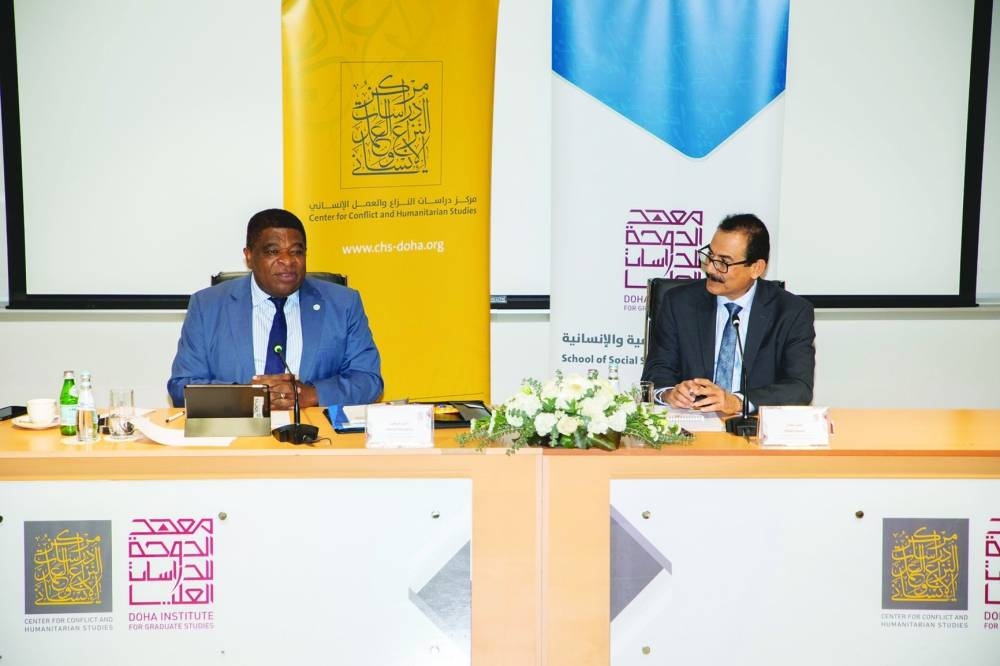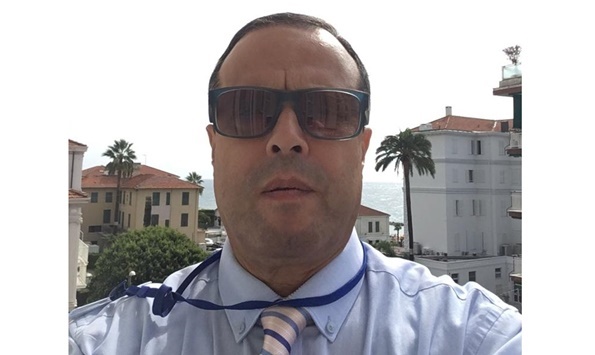Martin Chungong, the Secretary-General of the Inter-Parliamentary Union (IPU) Monday delivered a seminar titled, “Parliament for Democracy, for Everyone: The Role of Inter-Parliamentary Union” hosted by the Center for Conflict and Humanitarian Studies (CHS), jointly with the School of Social Sciences and Humanities at Doha Institute for Graduate Studies. It was moderated by Dr Khalil Osman, Senior Research Fellow in CHS.
Chungong discussed the role of the IPU in promoting democratic governance, institutions, and values. He highlighted that the IPU’s vision is to have “a world where every voice counts,” on the national, subnational and international levels. He stated that the IPU 2022-2026 strategy key objective is to build an effective parliamentary ecosystem for democracy and for everyone. The strategy focuses on various key areas, such as democracy, climate change, human rights, gender equality, youth participation, peace and security, and sustainable development.
Chungong also discussed how the IPU, through its global convening role and accountable mechanism, provides unique platforms for dialogue and interaction, and voices the concerns of parliaments at the international level on major issues. An additional main role of the IPU is to “build strong democratic parliaments” by tackling challenges that hinder parliament and democracy, stressing that democracy is a resilient system with the capacity to self-correct and be in constant renewal, especially in times of crisis.
During the discussion session, there were questions around the Arab Spring, the recent wave of democratic transitions in the MENA region, youth engagement in parliaments, and the work of the IPU on building institutions in post-conflict countries.
In 2014, Chungong became the first African and first non-European to be elected as Secretary-General of the IPU, which was established in 1889.

Martin Chungong, IPU Secretary-General and Dr Khalil Osman, Senior Research Fellow in CHS

